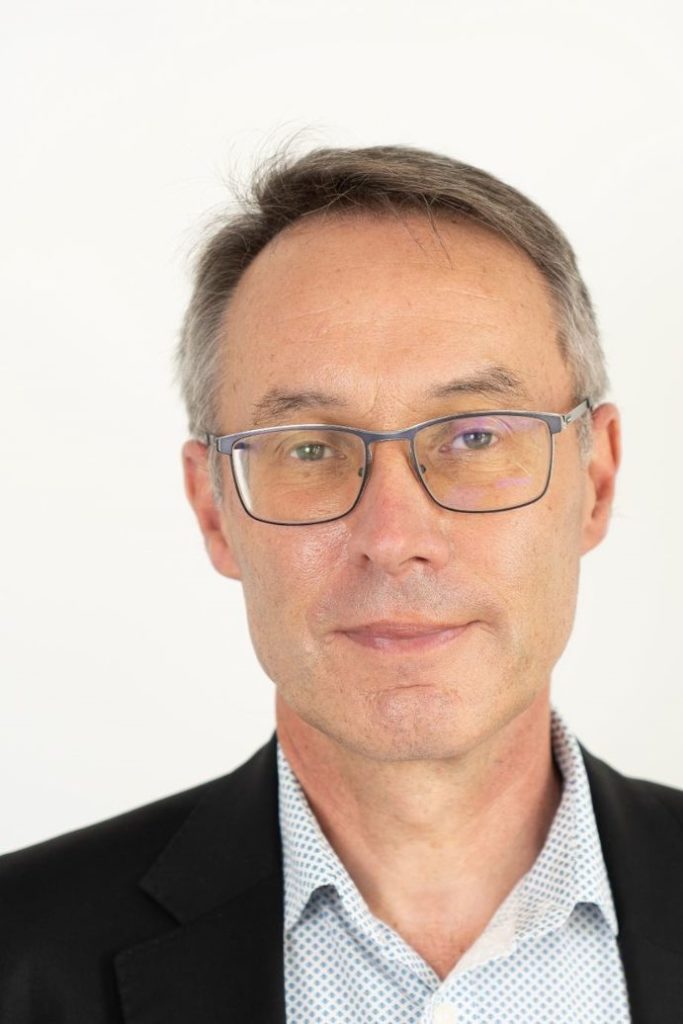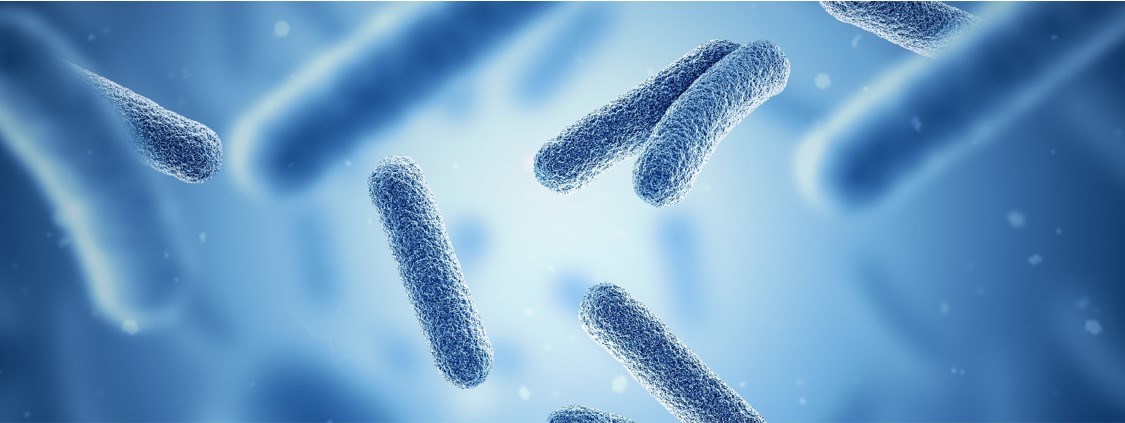


[MICROBIOME]
Meeting with Patrick Jimonet, project leader health innovation at Medicen
A few days ago, we enthusiastically announced the publication of a new review on Microbiome, written by the Medicen “Microbiome Drug Metabolism” working group. Led and brought together by Patrick Jimonet, more than thirty leading international experts developed proposals aimed at facilitating the integration of the microbiome in drug discovery and development.
Can you briefly introduce yourself?[Patrick Jimonet] With more than 30 years of experience in the field of pharmaceutical and drug discovery, I joined the Medicen competitiveness cluster in 2019 as project manager. Quickly, the emerging and increasingly recognized topic of the microbiome was entrusted to me. The microbiome is currently approached in a fragmentary and imprecise manner in the context of the development of new drugs. Microbiome interference on drug efficacy is often identified too late in the design process. However, thanks to technological advances in sequencing, we have an increasing number of sophisticated ways to study microbiota and their interactions with drugs. We now reach a crucial point in our ability to address this issue comprehensively. |
 |
Medicen, the healthcare competitiveness cluster of the Ile-de-France region
Created in 2005, Medicen Paris Region is the healthcare competitiveness cluster of the Île-de-France Region. Its unique network brings together more than 510 health innovation players, including 430 healthtech startups and SMEs, health manufacturers, the main national research institutes and healthcare establishments in the area.
How was the project constructed and organized before its publication?
[PJ] The project was launched in 2020 with a recruitment phase aimed at forming a diverse working group, including both private and public actors, and covering all aspects of Drug Discovery: pharmaceutical companies, CROs, academic circles, etc. Michael Zimmermann, already author of several scientific articles on the microbiome, was among the first to join the working group.
In the end, more than thirty organizations participated in the reflection sessions on the topic, then they organized themselves into 7 working groups according to the themes deemed the most crucial, namely:
- Pharmaceutical experience and case studies,
- Drug-microbiome interaction in silico,
- Evaluation of microbial stability in vitro,
- Models of intestinal fermentation,
- Animal models,
- Integration of the microbiome into clinical and regulatory aspects,
- Microbiome standards
Our mission was to summarize all the data and expertise linked to the microbiome, and to integrate them into the different work themes. My role was to lead the working groups, organize the meetings and maintain the work dynamic. All participants are volunteers and no specific budget has been allocated to the construction of the project.
How did the expertise of Oncodesign Services contribute to the progress of the project?
[PJ] My long-standing relationship with Fabrice Viviani naturally led me to contact Oncodesign Services, and Sylvie Maubant, study director on the topic, quickly joined the group. Her involvement was remarkable. As head of the “In vivo” working group, which she co-led with Sylvie Rabot of INRAE, she played an essential role in the writing of the publication.
Could you give us an overview of the main findings or conclusions drawn from this study on the integration of the microbiome in Drug Discovery and drug development?
[PJ] The main conclusion of the study is that it is imperative to integrate the microbiota dimension early by using simple in vitro tests to understand the interactions between the microbiome and the molecule. We are gradually moving towards standardizing these tests, but the first challenge will be to raise awareness among pharmaceutical companies of this approach.
What prospects do you envisage after the publication of this study?
[PJ] The official publication has just been released in the April 2024 issue of the journal Drug Metabolism and Disposition. We are now in the phase of promoting this publication to pharmaceutical companies and other stakeholders. I notably presented our results during Pharmabiotics 2024 in Lille last month, and I will have the opportunity to present at the next GMP 2024 congress in Lyon, an annual congress scheduled for next October and bringing together in particular DMPK specialists from pharma.
However, this publication does not mark the end of our work. Our objective is to continue to deepen our thoughts on certain aspects, to explore new themes and to integrate new skills. We have already received requests from stakeholders interested in joining our working group since the publication of the review.
Regarding the impact of this publication on a larger scale, CROs, such as Oncodesign Services, will be the first to witness the growing interest (or not) of pharmaceutical companies in this subject, through the requests that they will receive for preclinical projects.


